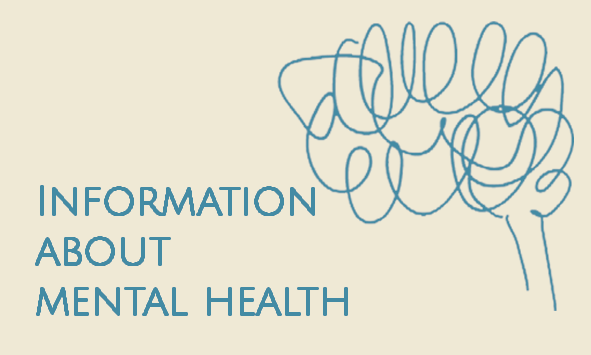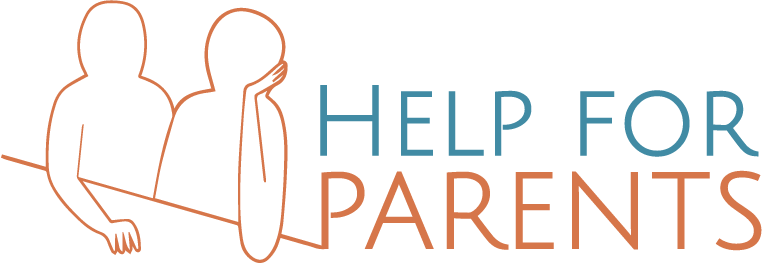
What parents say...
In our research, these are some of the things that parents and carers have told us that they have struggled with:
• Getting the balance right between providing support and respecting the autonomy of emerging adults
• Uncertainty about the child’s capacity to make decisions
• Trying to support the needs of the whole family
• Not feeling sure about the best way of supporting their young person
Information about mental health and young people
Many parents and carers say that it helps them to have clear information about their young person’s mental health condition.
‘When I understand what is happening I can deal with it so much better’ Parent
 Where to find reliable information about young people’s mental health:
Where to find reliable information about young people’s mental health:
Young Minds – provides information on different mental health conditions affecting young people
Royal College of Psychiatrists (RCPSYCH) – provides a range of leaflets for parents about different aspects of mental health and young people.
MindEd for Families – MindEd is an on-line resource providing information and advice on mental health through range of interactive pages. To access this resource, you will need to create an account.
The Charlie Waller Memorial Trust also provides a range of resources
This isn’t a full list of everything available, but these links provide a good starting point.
More information about specific mental health problems:
ANXIETY
When is anxiety a problem? (Anxiety Canada)
Parentchannel.TV Video about anxiety
Worries and anxieties leaflet (RCPYCH)
Parents handbook on adolescent anxiety (Anxiety UK)
Parents A-Z guide to support (Young Minds) – for guidance on how you can support your young person in relation to a range of issues
DEPRESSION
Parentchannel.TV Video on stress and depression
Parents handbook for childhood and teen depression
Depression and young people – information for parents (RCPCH)
Parent leaflet about depression and young people from Charlie Waller Memorial Trust
SELF-HARM
Parents experience of coping with self-harm from Healthtalk.
Self-harm and young people: a guide for parents (YMCA Right Here)
Guide for parents who are coping with their child’s self-harm: ‘You are not alone’ (University of Oxford)
EATING DISORDERS
Beat – Eating Disorders Information and support for people suffering with eating disorders and their carers
Bulimia (Young Minds)
Anorexia and Bulimia (RCPYCH)
AUTISTIC SPECTRUM
Autism and Asperger’s (RCPSYCH)
SCHIZOPHRENIA & BI-POLAR
Bi-polar disorder (Young Minds)
Bi-polar disorder (RCPSYCH)
Schizophrenia (Young Minds)
Schizophrenia (RCPSYCH)
Psychosis (Young Minds)
Psychosis (RCPSYCH)
If there is an issue you can’t find here then try Happy Maps.
Treatments and Medication
If you want to find more information about medications a young person has been prescribed:
Headmeds provides information about different mental health medication and includes the perspectives of young people.
The Royal College of Psychiatrists has information about different treatments and medications available.
What about adolescence?
Adolescence is a time of great change – this includes physical changes as well as profound emotional changes. According to recent research in neuroscience, the brain itself is still developing until the mid-twenties. On top of this, young people go through huge transitions in their social world.
It can be helpful for parents and carers to understand this backdrop to their young person’s mental health issues. Adolescence CAN be a rocky road but it is also a time when change is possible and getting through a difficult time can plant the seeds of resilience for the future.
Here are some places where you can learn more about adolescence:
Leaflet on early teenage years (Tavistock)
Mental Health and Growing up Factsheet (Royal College of Psychiatry)
Family Lives advice on parenting teenagers
If you want information about younger aged children go to Happy Maps – primary school or preschool.
Or if you want information for young adults / students try Happy Maps – young adults.
